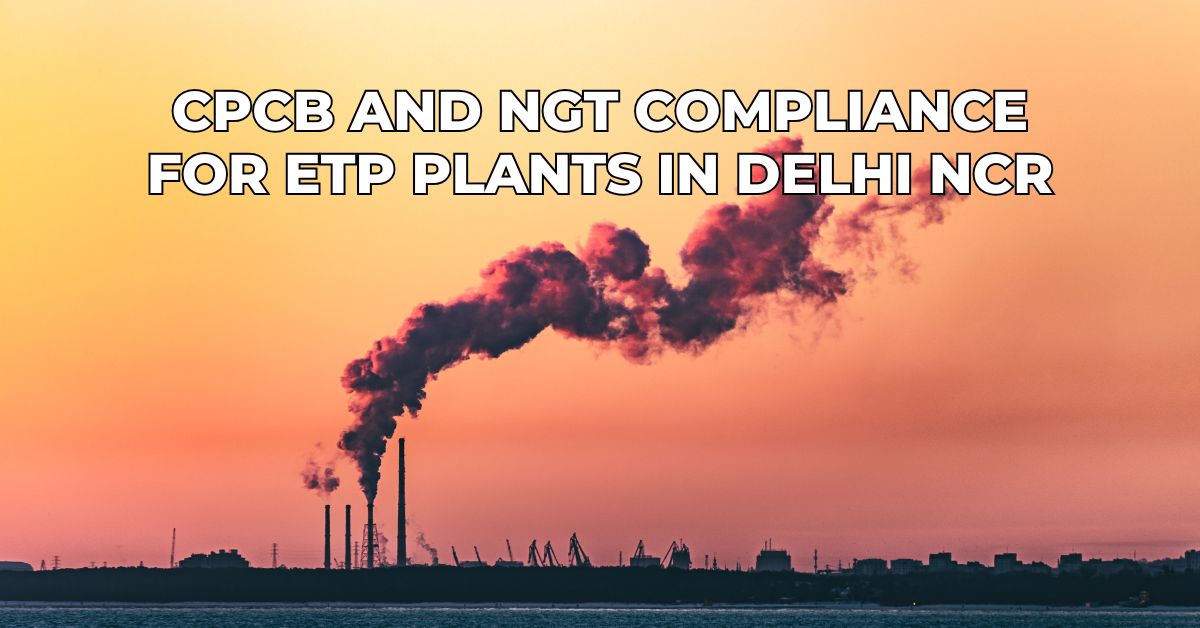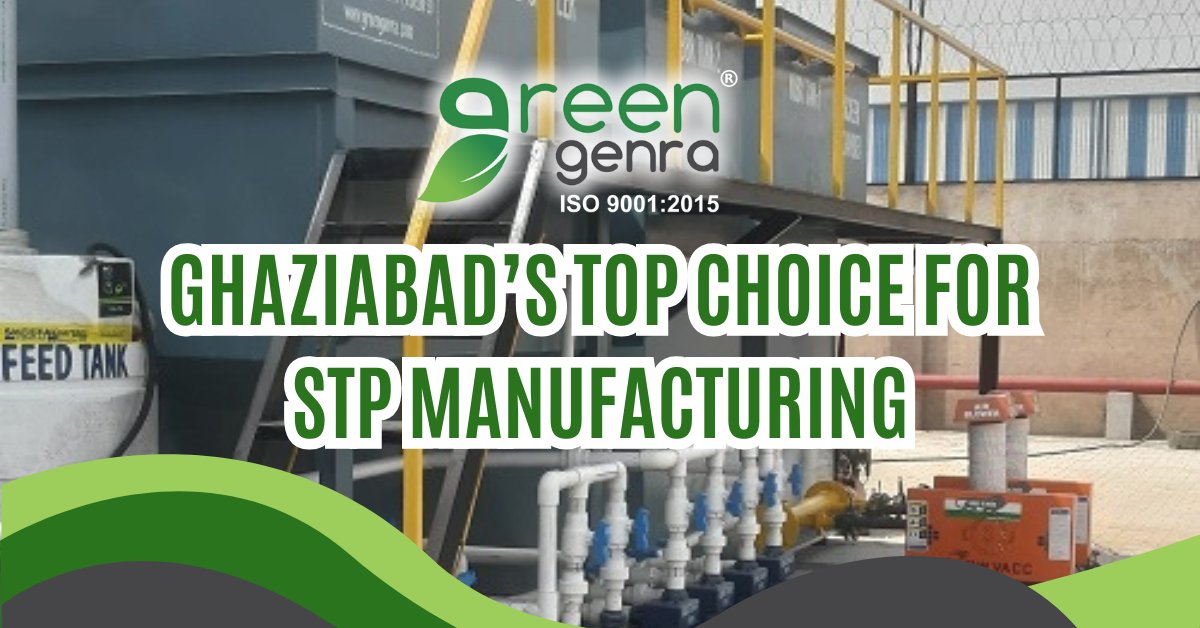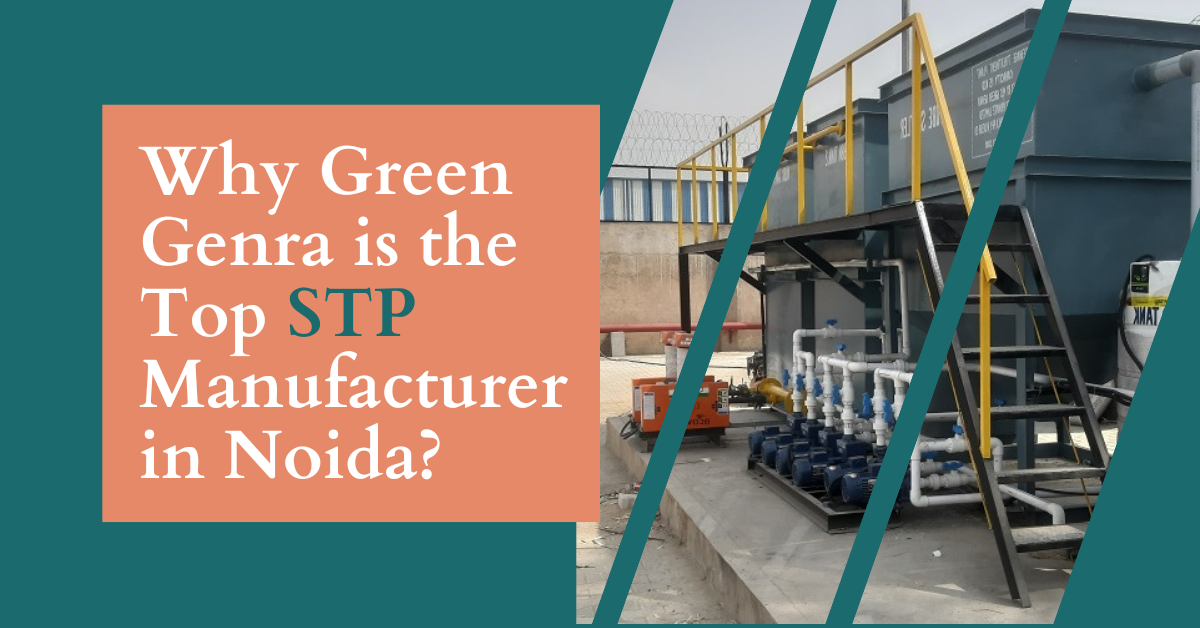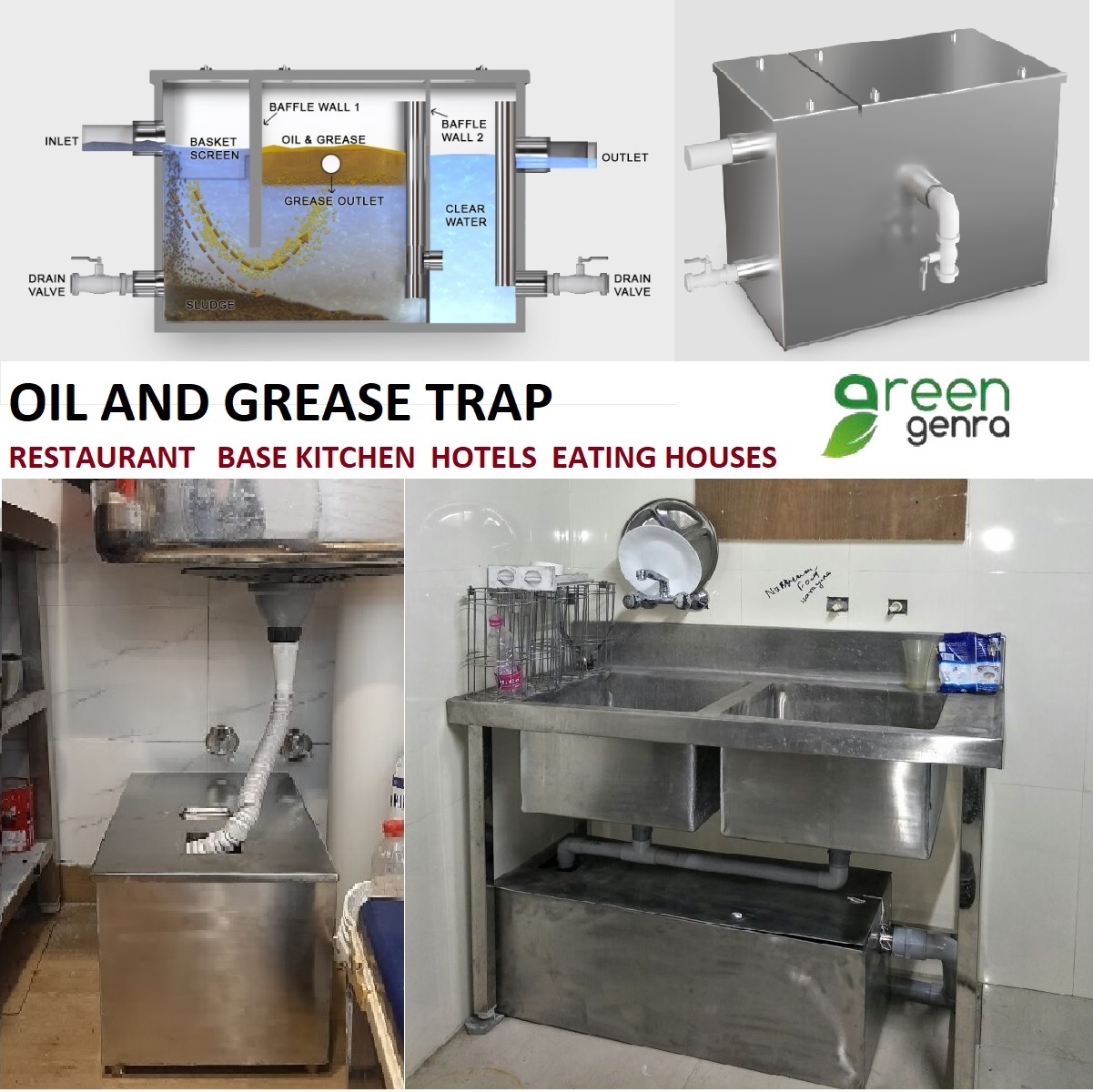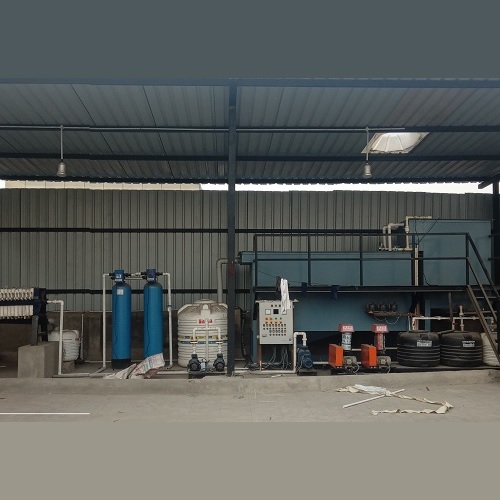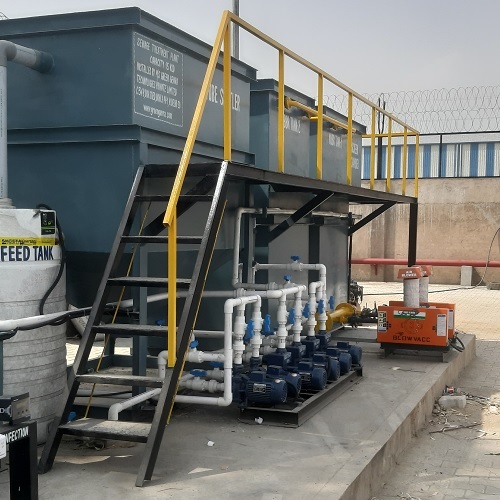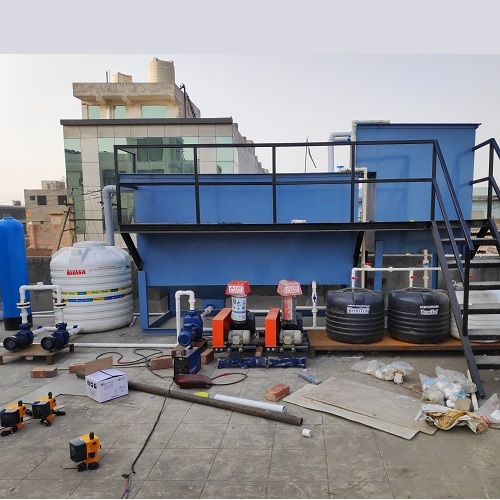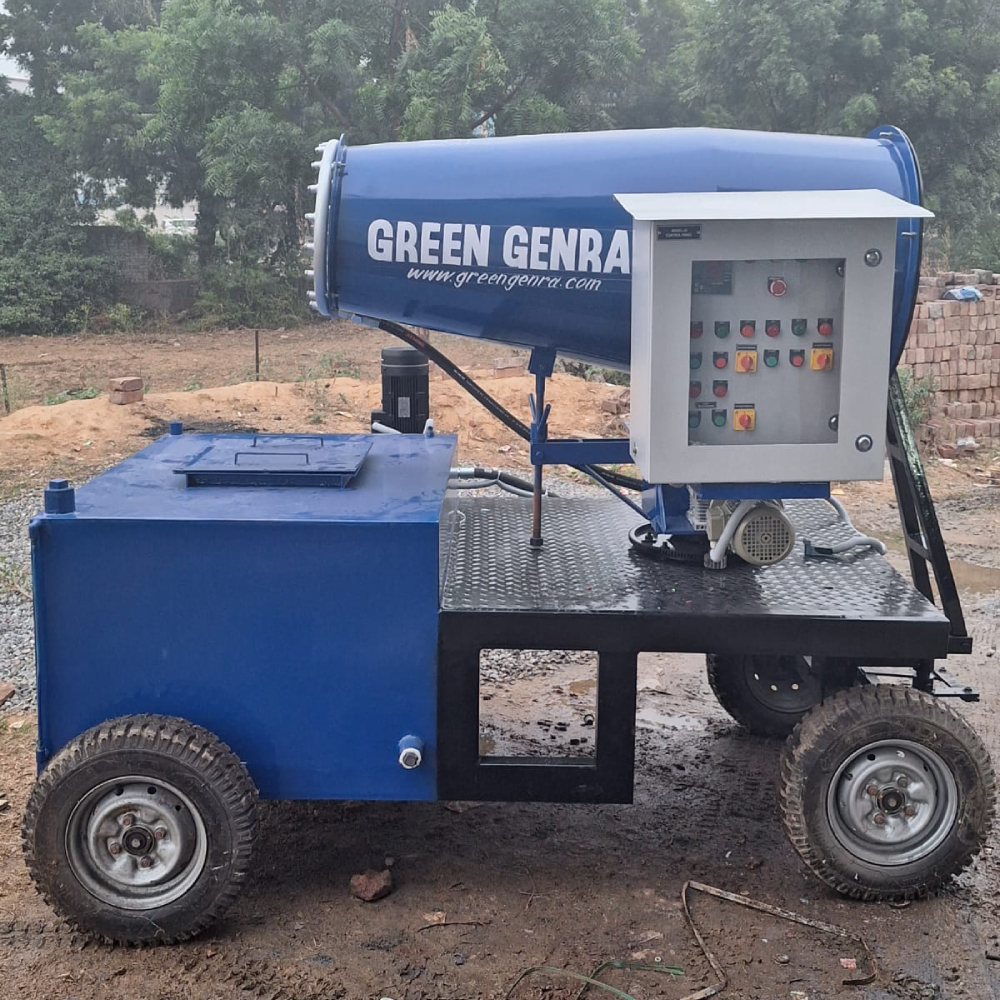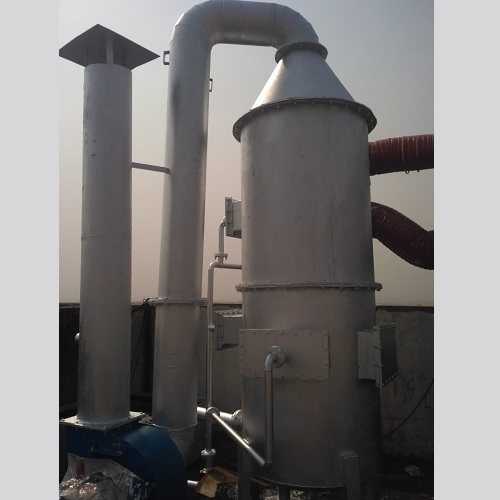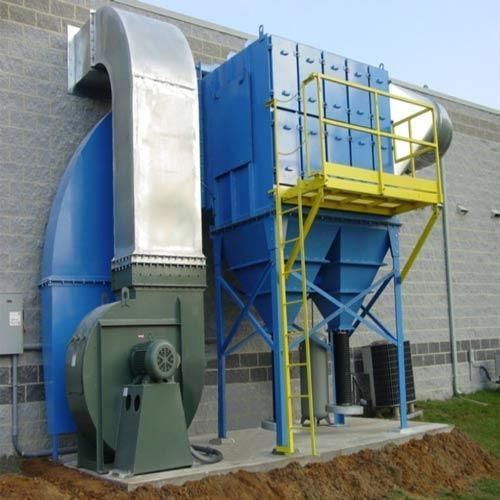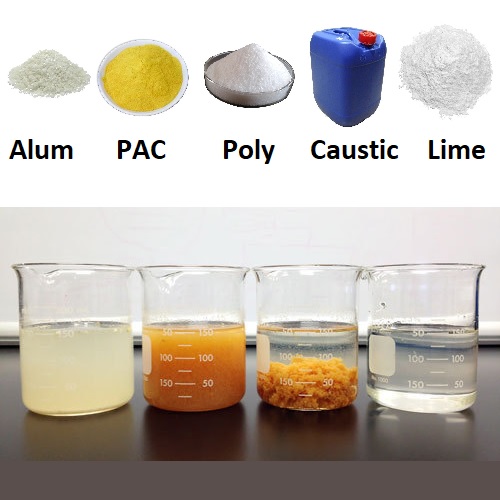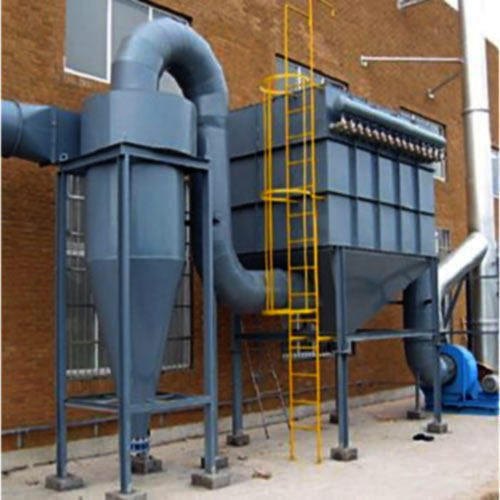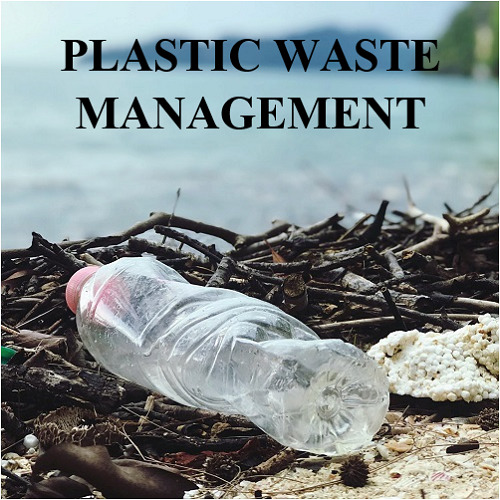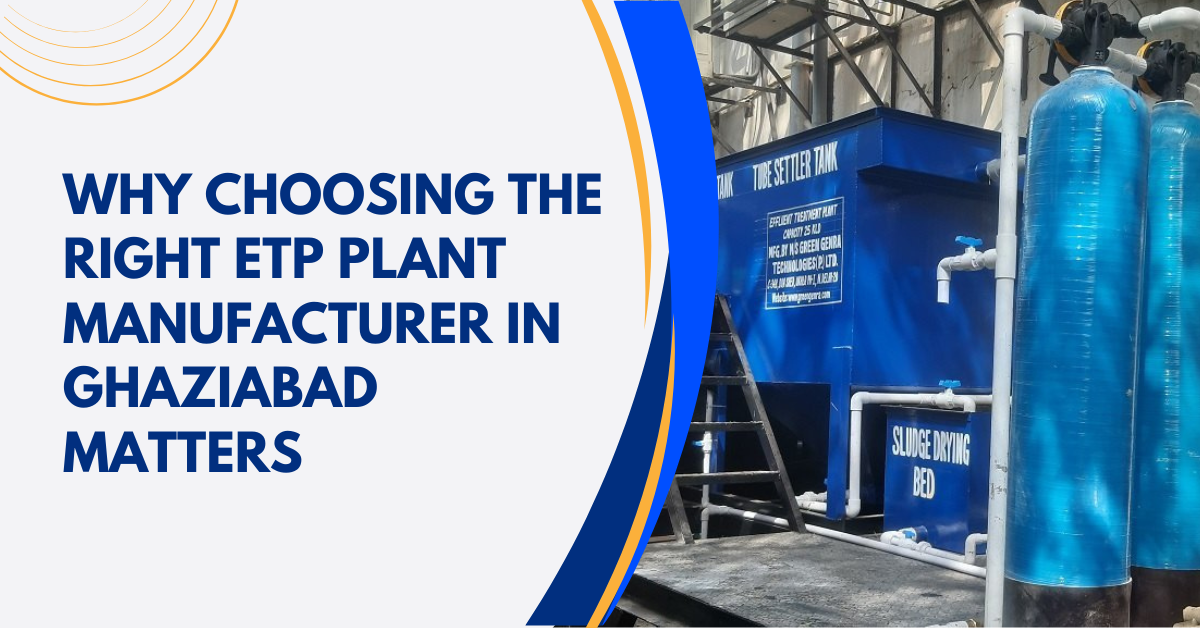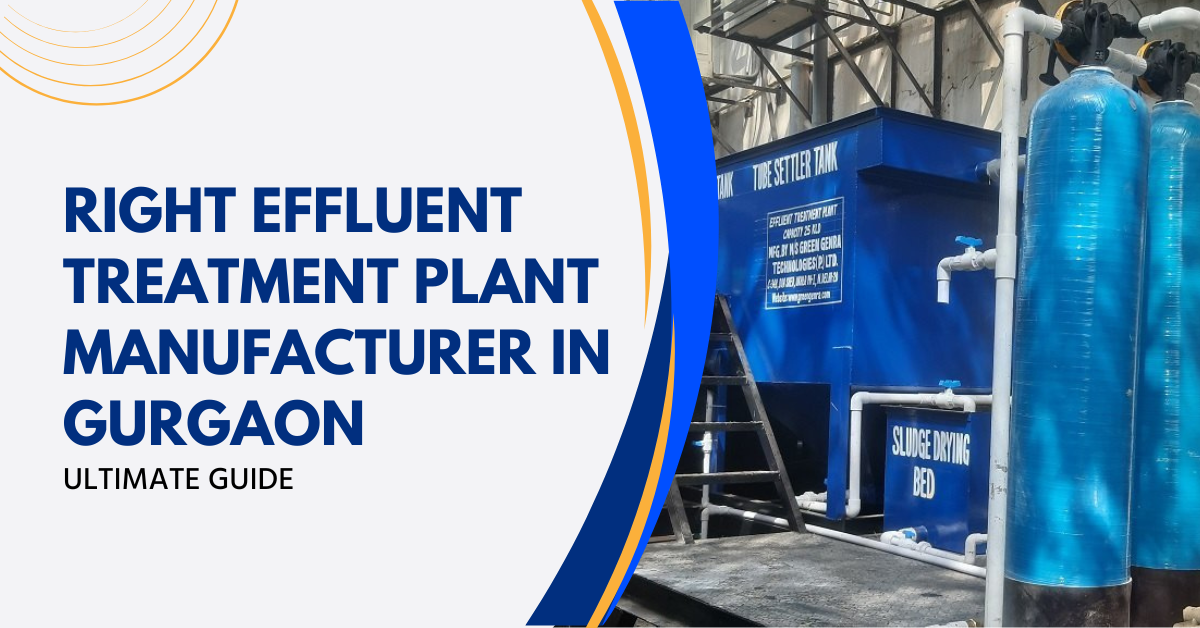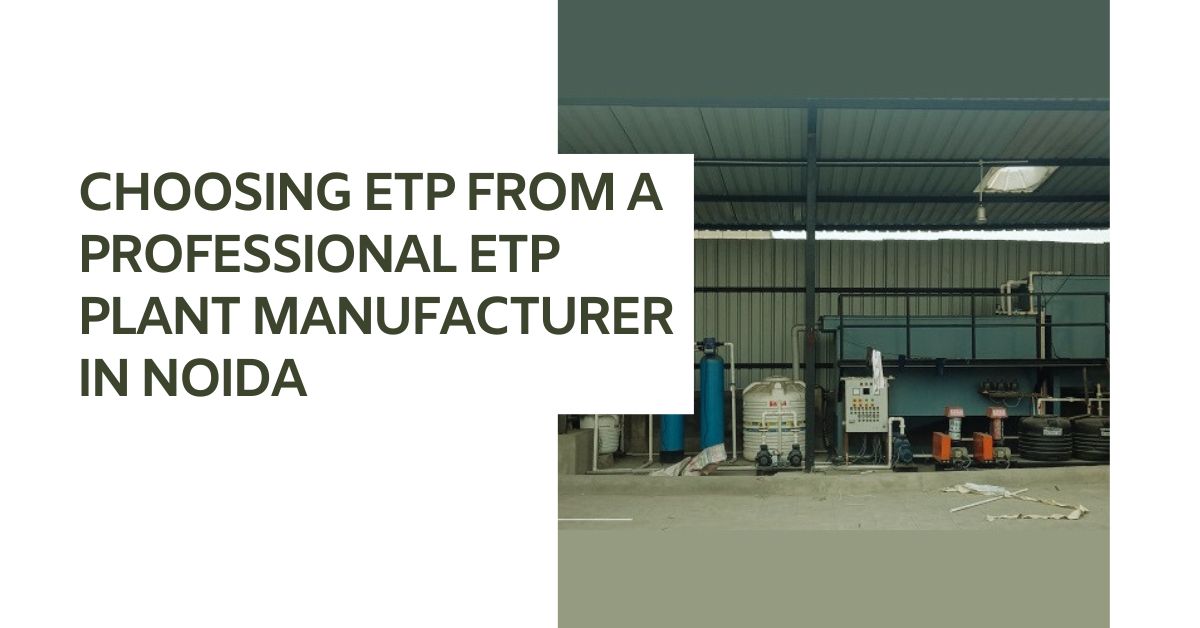Water Expo 2025 in New Delhi 28-30 August 2025 | Pragati Maidan, New Delhi India 20th Everything About Water Expo 2025 ...
Guard the drains of your restaurant with Grease Trap
Grease trap for restaurant cost are also known as grease separators or interceptors. They are plumbing device designed to intercept most greases and solids before they enter a waste water disposal system of your restaurants.
It is important to choose the best grease separator for your restaurant to ensure that you get the best outcomes and the FOG – Fats, Oils and Grease are trapped effectively. Choosing the best grease traps for your restaurants involves considering significant factors to ensure effective grease management and that includes –
1. Understand the local regulations: When choosing the best grease trap for restaurants it is important to familiarize with the local codes and regulations pertaining to the grease trap installation and maintenance. These regulations showcase the minimum size requirement and the kind of the grease trap one will need in sync with their kitchen size and amount of grease it produces.
2. Assess the needs: It is important to evaluate the amount of grease generated by your restaurant. The size and type of kitchen, the type of food served and the kitchen layout will influence the size and type of grease interceptor that best suits your restaurant needs. The kitchen size of the restaurant, the kind of food being served and the layout of the restaurant kitchen will influence the size and type of grease trap for restaurant cost best suited for your restaurant needs.
3. Select the right size: Grease trap sizing is important. If it is too small, it will not effectively intercept grease, leading to blockages and potential fines from the authorities. It the grease separator is too large it is an unwanted expense and may not operate efficiently. The capacity of the grease trap is determined the rate of incoming water flow and the retention capacity of grease. A reliable grease trap manufacturer and supplier will help to calculate the appropriate size of grease interceptor based on the output of your restaurant kitchen.
4. Select the type: Grease traps can be passive or automatic. Passive traps need manual cleaning and are more cost-effective. They are an ideal option for small restaurants. Automatic grease traps mechanically remove the grease from the separator and are expensive but save on maintenance and labor costs thus beneficial for high volume restaurant kitchens.
5. Maintenance and cleaning: The best quality grease traps from professional manufacturers are easy to clean and maintain as compared to others. Regular maintenance is important to prevent clogs and ensure long life and efficient operation of the grease trap.
6. Installation location: Determine the location where the grease trap will be installed. Indoor installations will have space limitations, influencing the size and type of trap one can install. Outdoor installations allow for larger units but consider accessibility for maintenance and cleaning.
7. Consult professionals: It is important to work with the dedicated grease trap manufacturer before making an informed decision. They will provide insights and recommendations in sync with your restaurant needs and local regulations. The expert supplier of grease trap will help ensure you choose the grease trap that suits the operations needs of your restaurant.
By considering the aforesaid factors, one can choose the best grease trap that effectively manages FOG and compliance with regulations.
FAQs
1. What are grease traps?
Grease traps are the plumbing device that are engineered to capture FOG- fats, oils and grease before they enter the sewage disposal system.
2. What is the use of grease traps?
Grease traps or Grease separators prevent blockages and backups in the sewage system caused by the accumulation of fats, oils and grease.
3. What are the applications of grease interceptors?
Grease interceptors are used in wide range of establishments and industries that include restaurants, cafes, hotels, hospitals, schools, hostels, catering businesses, fast food chain joints, mobile food vendors and more.

































Effluent Treatment Plant (ETP) from reliable ETP Plant Manufacturers play a key role in reducing industrial pollution by trea...
With the increasing levels of water contamination in Ghaziabad because of growing industries and a growing population, wastew...
Green Genre is one of the best STP manufacturers in Noida that designs, produces and installs sewage treatment plants in vari...
Effluent Treatment Plants or ETPs are important for industries in Ghaziabad to ensure environmental compliance ensuring effec...
An effluent Treatment Plant or ETP is a crucial investment for industries seeking to manage wastewater according to environm...
ETP or the Effluent Treatment Plant is designed to treat industrial wastewater by removing harmful chemicals, contaminants an...

